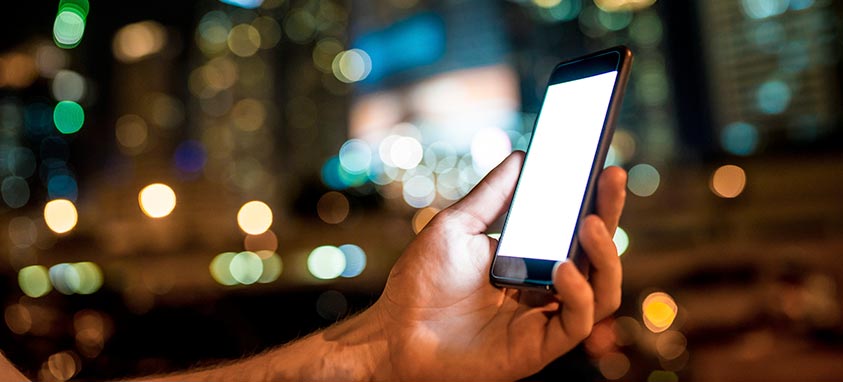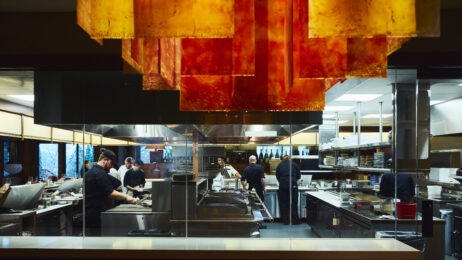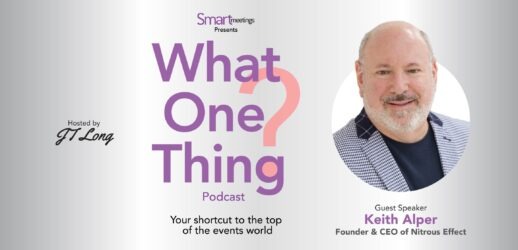It’s a universal event challenge: how do you ensure a strong, stable internet feed at a conference without breaking the budget? Whether it involves a speaker presentation or attendees who need to check back in with work and answer all those sli.do polls, a reliable connection is mandatory.
Brandt Kreuger, resident expert at Event Tech Consulting and Will Curran, founder of Endless Events, have some helpful tips for guaranteeing better connectivity: Surprise—it’s about more than just Wi-Fi!
Size Up Your Guests’ Needs
Arranging for appropriate connectivity requires knowing your attendees, speakers and their access needs—and planning far in advance. What will they be using the internet for? Is your event media-heavy, including lots of streaming, downloading and participation in real-time polls on an event app? If attendees will just be checking email and social media, you can get away with a lot less bandwidth than at a media-heavy event. Kreuger suggested sizing up coverage needs before signing a contract so you aren’t agreeing to too much or too little coverage.
Hardwire It
Curran and Krueger agree that if the connection is “mission critical”—something that the success of your event depends on—make sure you have a hardwire connection. Don’t rely on Wi-Fi. If a demonstration must be live, hardwire it. If there won’t be bandwidth for massive downloads or live streaming, have your speaker prepare ahead of time so the presentation can be offline at the event.
Map It Out
Still worried the venue won’t have the coverage you need where you need it? Heat-map the attendee journey and compare it to a two-dimensional graphic of the signal strength available. If there are dead zones at critical steps, arrange for additional access points.
Turn Up the Power
An overlooked factor of connectivity is device powering—if you want attendees to stay at the event, provide numerous accessible outlets in spots where people naturally converge. Rented powering stations can augment power strips on-site. Also, if guests need to make a quick call, a simple co-working space set up near the main presentation (with adequate reception) will come in handy.
Take Cybersecurity Seriously
Brand experience company Freeman, in their guide, From Bandwidth to Security, notes that setting up Virtual Local Area Networks (LANs) can not only help with prioritizing internet usage (so a keynote speaker takes priority over social media uploads); it can also block off sensitive traffic.
The Freeman guide reminds planners to protect their SSIDs (Service Set Identifiers that act as the gateway to the network) with pass codes, and not to give them out on the event’s website. And never use an unsecured private hot spot for secured information, such as registration. That could expose sensitive information to potential hackers.




